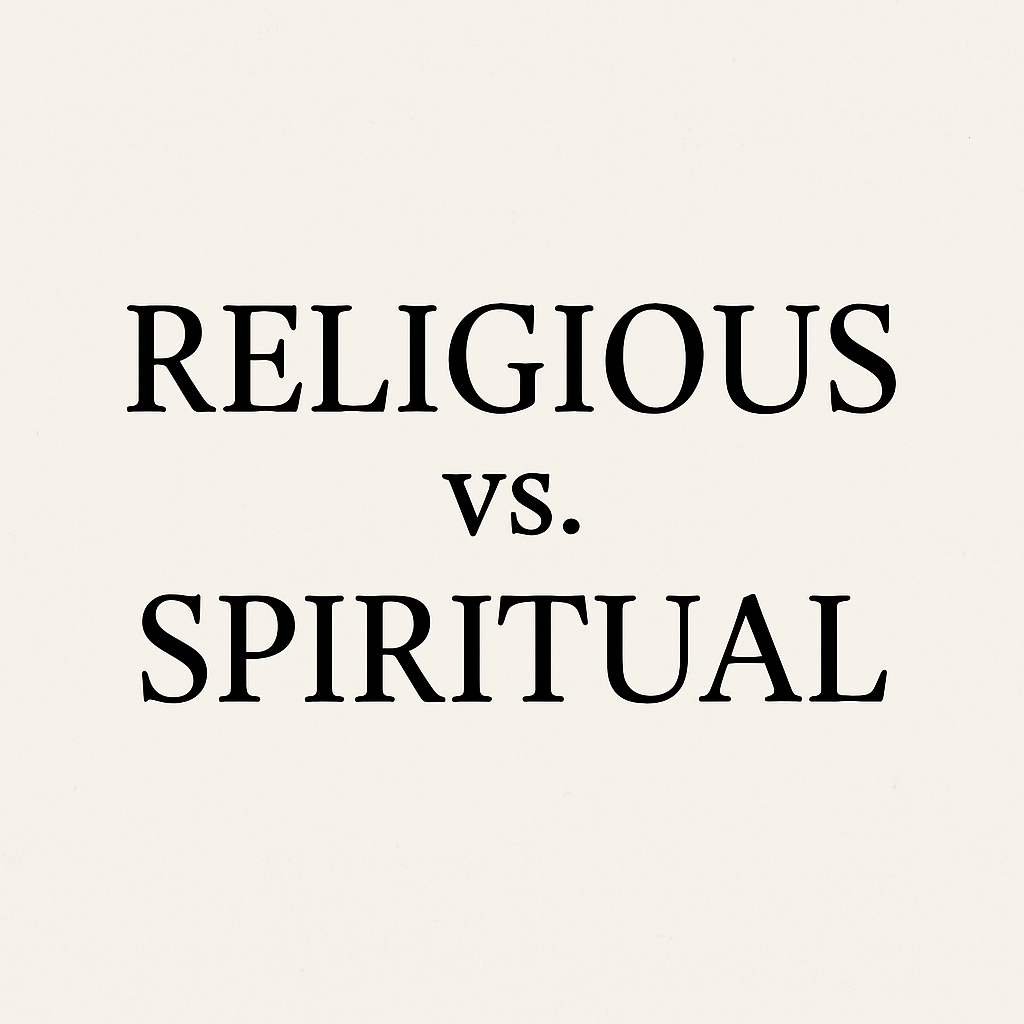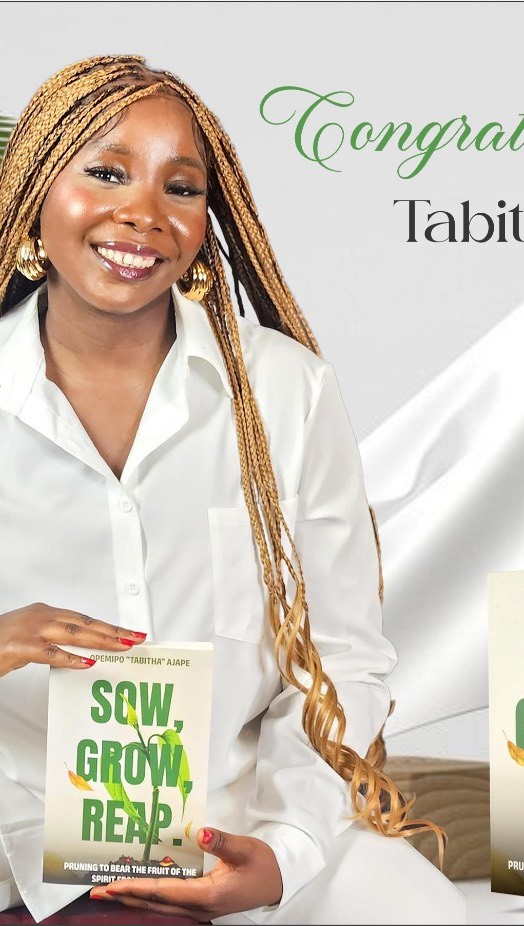Religious vs. Spiritual: Knowing the Truth vs. Living the Truth
Tabithainsp
April 2, 2025

For the longest time, I didn’t fully understand the difference between being religious and being spiritual. I used to think they were the same thing. If you’re new to my blog, I want to warmly welcome you! If you’re a returning reader, welcome back!
In my previous posts and on my YouTube channel, I’ve spoken extensively about the type of Christian I used to be. I was deeply committed to prayer and fasting, but I wasn’t a true student of the Word. For a long time, I relied solely on pastors’ teachings and the scriptures they provided whenever I was encouraged to fast for a new season. I never thought to search the Scriptures myself, despite having direct access to the same Bible they were using.
God, in His mercy, opened my eyes through a women’s fellowship I joined after church on Sundays. In that group, we took turns teaching the Word, and I was fascinated by how freely these women quoted Scripture during their teachings. Their deep knowledge inspired me. Around the same time, a dear friend of mine also impacted my spiritual growth. Whenever we prayed together, she prayed Scripture-based prayers, which I greatly admired. When I asked her how she learned to pray like that, she mentioned that she had been part of a strong Christian fellowship during her university years in Nigeria. She assumed that perhaps my lack of exposure to such a setting was why I felt behind. But looking back, I realize that while she had a point, it ultimately takes discipline and a willingness to grow spiritually which I commend her for.
The Difference Between a Religious and a Spiritual Person
So, what exactly is the difference between being religious and being spiritual?
A religious person knows the truth.
A spiritual person knows the truth and lives it.
James 1:22 (NIV) says:
“Do not merely listen to the word, and so deceive yourselves. Do what it says.”
Many of us have grown up in Christian homes, attending church and memorizing scriptures. We know the Ten Commandments. We can quote them effortlessly. But does that mean we obey them?
Let’s get practical. As Christians, we know that God calls us to purity before marriage (1 Corinthians 6:18-20), yet some still choose to engage in premarital sex, fully aware that it’s not God’s will. We know the Bible says, “Let no corrupt word proceed out of your mouth” (Ephesians 4:29), yet gossip and unkind speech still find their way into our conversations.
Why do we sometimes live contrary to the truth we know? Because many of us have settled for being religious instead of being spiritual.
God is merciful, and some take His grace for granted, believing they can do whatever they want and simply ask for forgiveness later. But Romans 6:1-2 warns us:
“Shall we go on sinning so that grace may increase? By no means! We are those who have died to sin; how can we live in it any longer?”
Self-Reflection: Who Do You Want to Be?
This post is not meant to condemn anyone, but rather to help us reflect on the kind of people we want to be. In a world where sinful behavior is celebrated and righteousness is often mocked, it can be challenging to stay on the right path. Social media constantly bombards us with images and messages that normalize what God condemns.
As we approach Easter, a season of reflection on Christ’s ultimate sacrifice, I encourage you to ask yourself:
- Do I simply know the truth, or am I committed to living it?
- Does my life reflect a spiritual reality in a real-world context?
- Am I integrating God’s ordinances into my daily life?
Jesus didn’t die so we could continue living in sin while wearing the label of “Christian.” He died to transform us, to make us more like Him. Let us strive to be the ones who not only know the truth but also walk in it.
John 8:31-32 (NIV):
“If you hold to my teaching, you are really my disciples. Then you will know the truth, and the truth will set you free.”
May we be true disciples, not just in knowledge but in action.









This is such an important distinction.. Being spiritual and being religious can mean different things to different people, and I love how you’ve explained it. I also appreciate how you shared practical examples, it makes it so relatable. Now I know better!